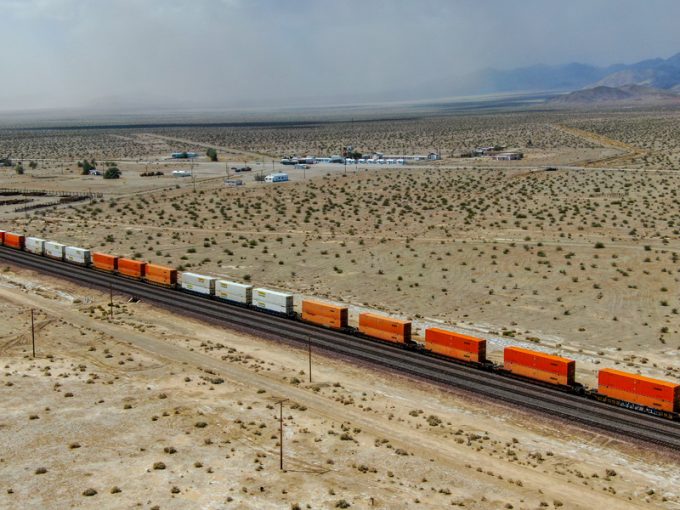Mexican ports expand, with investment coming from public and private purses
Mexican ports are in expansion mode. If the tariff offensive by its northern neighbour raised ...

Three major rail operators have struck a deal that will see a new freight corridor link Mexico, Texas and the US south east, as near-shoring drives capacity demand.
The agreement will see newly merged Canadian Pacific Kansas City Southern (CPKC) and CSX acquire and operate portions ...
CMA CGM South Korean staff strike over bonuses after bumper 2024 profit
MSC switches two more Asia-Europe port calls from congested Antwerp
CMA airline returns two freighters, while ANA takeover of NCA looms
Nightmare for Bangladeshi exporters as congestion and tariffs bite
Front-loading frenzy has made traditional H2 peak season 'unlikely'
Tradelanes: Export boom in Indian sub-continent triggers rise in airfreight rates
Mexican airport modernisation plan unlikely to boost cargo facilities
Carriers introduce surcharges as congestion builds at African ports

Comment on this article